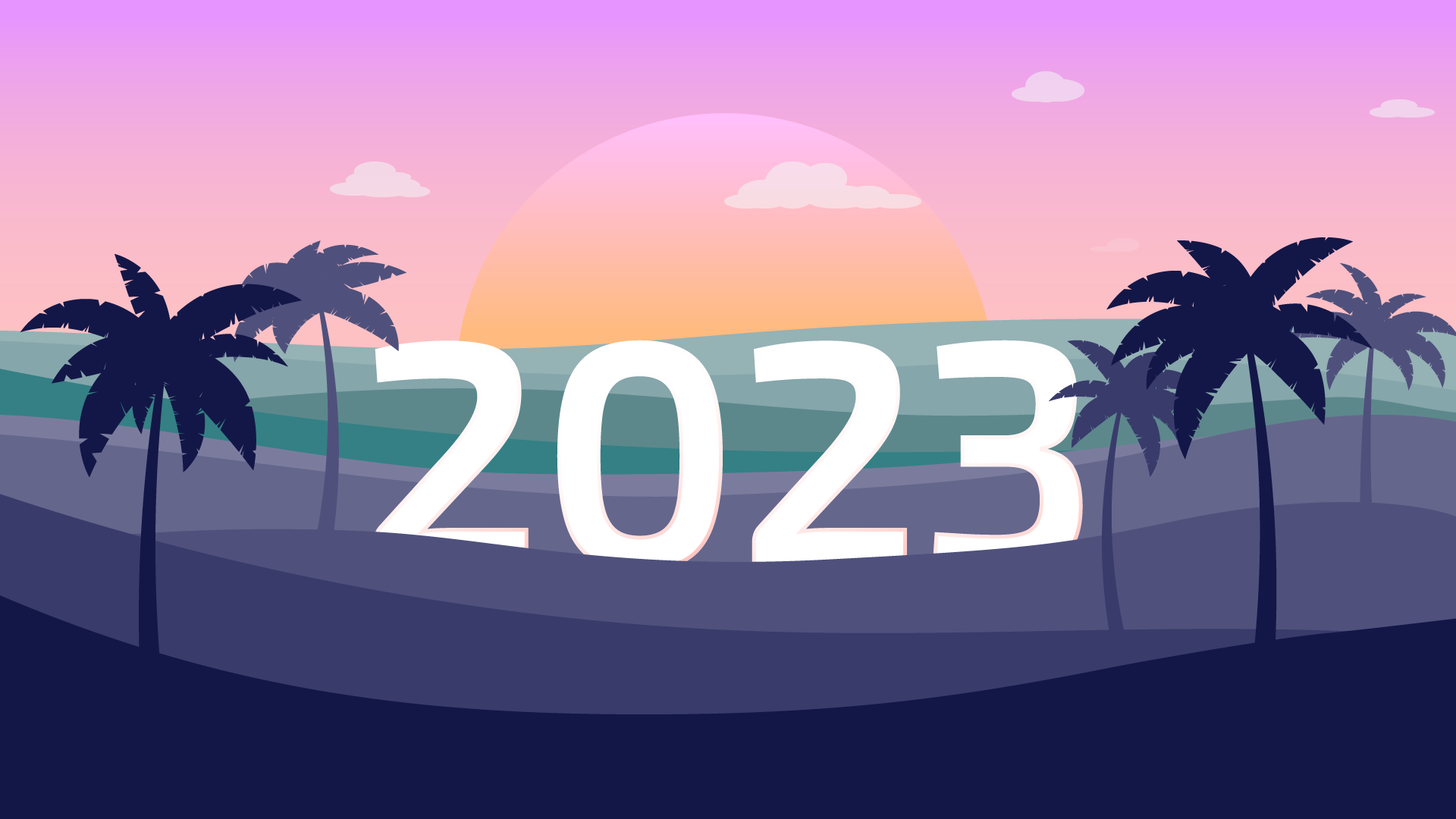Description
The planning and initial execution of the Laguna Project are described, whose premise is the creation of an open information infrastructure (OII), based on the development of certified data repositories and on the organizing principle of a Data Lake structure that connects to the Ocean of Scientific Object Information Data by systematizing and making available quality information. The infrastructure is designed with connection layers for processing the data collected from the "outside world," the so-called data repositories.
The main objective of the infrastructure is to make available and disseminate resources in multidisciplinary digital repositories of publications and research data, guided by FAIR — Findable, Accessible, Interoperable, and Reusable — principles, in addition to the construction of an Open Science Support Observatory, which will offer subsidies for a better evaluation of science, promoting Open Science practices in scientific research developed in Brazil.
In particular, the Observatory in Support of Open Science in Brazil will map and promote Open Science practices in the country. The goal of its implementation is the monitoring of Open Science practices developed in Brazil and in other countries, as well as the availability of tools that contribute to quantitative and qualitative analyses. It will present a collaborative structure, allowing the scientific community and the population, in general, to develop their academic and technical activities in an agile way, in internal and external cooperation networks, for the production and dissemination of research. Its working dynamics will involve technical/scientific monitoring, information production, dashboards, analysis, and technology development. These will be a model for regional Open Science infrastructures, as well as for international infrastructures in the area.
The project will apply advanced computational methods for the processing, organization, and analysis of information to obtain data sets that are FAIR. Thus, it covers the stages of selection; transformation, linking, and enrichment; organization and indexing; and retrieval and visualization.
Event Website
https://expertfindersystems.org/program.cfm
Start Date
6-4-2023 4:00 PM
End Date
6-4-2023 5:00 PM
Recommended Citation
Segundo, Washington, "Laguna - FAIR Research Data Infrastructure and Open Science Support Observatory" (2023). International Forum on Expert Finder Systems. 3.
https://efsrimsrepository.expertfindersystems.org/efs_forum/2023/posters/3
Laguna - FAIR Research Data Infrastructure and Open Science Support Observatory
The planning and initial execution of the Laguna Project are described, whose premise is the creation of an open information infrastructure (OII), based on the development of certified data repositories and on the organizing principle of a Data Lake structure that connects to the Ocean of Scientific Object Information Data by systematizing and making available quality information. The infrastructure is designed with connection layers for processing the data collected from the "outside world," the so-called data repositories.
The main objective of the infrastructure is to make available and disseminate resources in multidisciplinary digital repositories of publications and research data, guided by FAIR — Findable, Accessible, Interoperable, and Reusable — principles, in addition to the construction of an Open Science Support Observatory, which will offer subsidies for a better evaluation of science, promoting Open Science practices in scientific research developed in Brazil.
In particular, the Observatory in Support of Open Science in Brazil will map and promote Open Science practices in the country. The goal of its implementation is the monitoring of Open Science practices developed in Brazil and in other countries, as well as the availability of tools that contribute to quantitative and qualitative analyses. It will present a collaborative structure, allowing the scientific community and the population, in general, to develop their academic and technical activities in an agile way, in internal and external cooperation networks, for the production and dissemination of research. Its working dynamics will involve technical/scientific monitoring, information production, dashboards, analysis, and technology development. These will be a model for regional Open Science infrastructures, as well as for international infrastructures in the area.
The project will apply advanced computational methods for the processing, organization, and analysis of information to obtain data sets that are FAIR. Thus, it covers the stages of selection; transformation, linking, and enrichment; organization and indexing; and retrieval and visualization.
https://efsrimsrepository.expertfindersystems.org/efs_forum/2023/posters/3


Comments
This is a poster presentation from the 2023 EFS Conference.